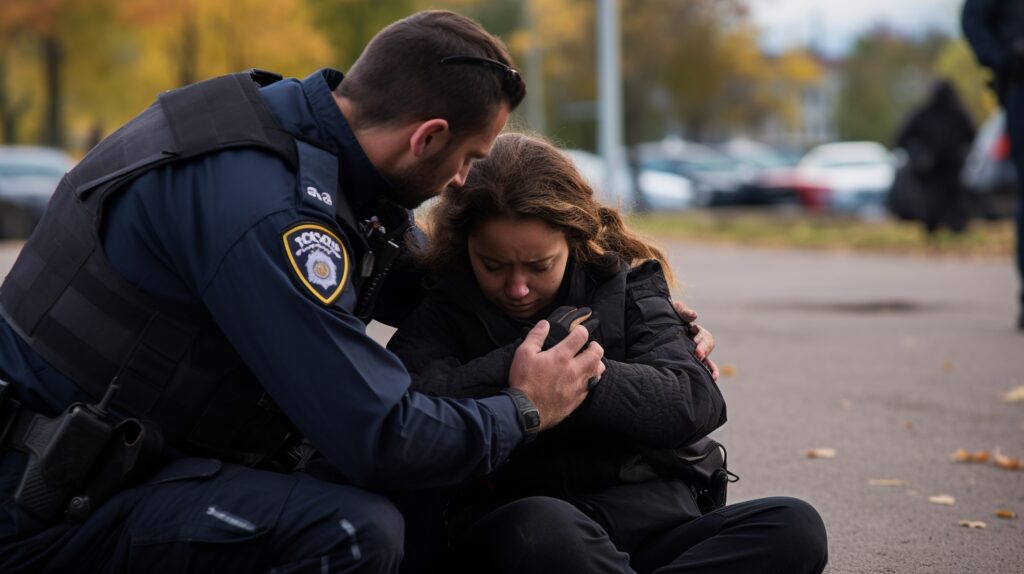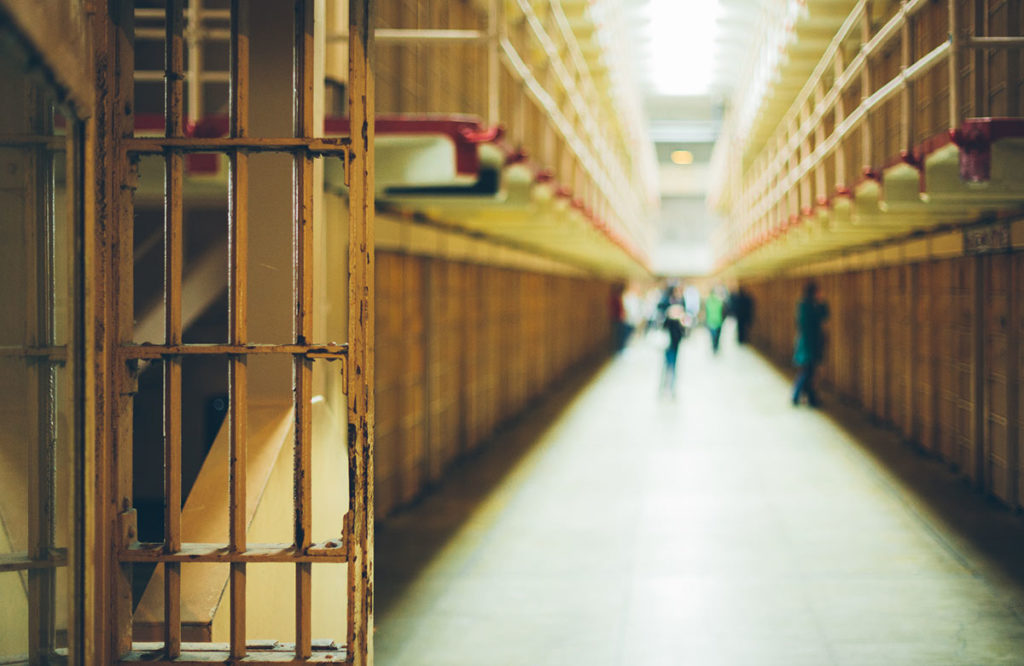The economic and moral costs of our inhumane prison system
It is said that distance brings clarity. This has certainly been true for me when visiting other countries and observing their public safety systems. Most recently, a trip to Germany highlighted just how differently the United States approaches incarceration compared to its allies. That trip also crystallized just how poorly America pursues public safety and promotes human dignity.
In the U.S., we say we care about human dignity and rehabilitation. We say we want to promote public safety. But our actions show a different reality. As a result, the American incarceration system produces little benefit to either those caught within the system or those forced to pay for it.
Mississippi, for example, houses more inmates on a per capita basis than nearly any other state in the country. The reason has nothing to do with crime rates there but rather with how the state chooses to address crime.
Mississippi’s draconian habitual-offender laws have resulted in thousands of people serving decades in prison. Because these laws require prison sentences even for minor, nonviolent offenses, the punishment is often severely disproportionate to the underlying conduct. A person can be sentenced to die in prison for possessing marijuana if they have two prior convictions — even if one conviction was for something as minor as shoplifting.
The conditions in Mississippi prisons are an added affront to America’s purported commitment to protecting human dignity. Indeed, stories and photos of prison conditions at the state’s Parchman Farm penitentiary that were leaked earlier this year prompted Families Against Mandatory Minimums to send a letter to the U.S. Department of Justice’s Civil Rights Division demanding an investigation into the facility’s “unsafe conditions, violence, weapons, and understaffing.”
Unsurprisingly, U.S. prisons are also extraordinarily deadly. Last year, more than 75 people died in Mississippi Department of Corrections custody — 16 in August alone. In 2019, the number of prisoner deaths spiked again. Overcrowding, inadequate resources, and a focus on retribution over rehabilitation all contribute to an environment that is an affront to human dignity.
We pay not only a moral cost for this ineffective and inhumane system but also an economic one. Mississippi spends nearly $1 million a day on its prison system. But that money is not spent on making sure people are prepared to become productive members of society, so it is no surprise that many people return to prison after they are released.
Warehousing people in prisons and then releasing them into society without any support, training, or opportunity rarely results in success. By overlooking the importance of rehabilitation, Mississippi is simply sustaining a costly cycle of incarceration.
Germans have a fundamentally different way of thinking about corrections. Article 1 of Germany’s postwar Constitution states that human dignity is “inviolable,” and one sees this value implemented nowhere more clearly than in the German approach to incarceration. In Germany, everyone, even someone who has been convicted of and sentenced for a serious offense, is still entitled to the recognition of their basic human dignity.
To Germans, the loss of freedom, not cruel treatment or inhumane prison conditions, is the punishment. And that loss is administered for the shortest time necessary. Approximately 75% of prison sentences are for 12 months or less, and 92% of sentences are for two years or less. Compare this to the U.S., where the approximate average sentence is three years.
For Germans, corrections are not about humiliation or retribution. They are about healing. This means that their focus is squarely on rehabilitation. Normalization, or making life in prison closely resemble life in a community, and preparation for reentering society take precedence over everything else. Similarly, resocialization replaces isolation. Instead of simply treating inmates as potential problems, guards act as motivators and actively create a positive culture within the prison community. By learning to respect the humanity of those within their care, the guards play an integral role in preparing those in prison for reentering their communities.
When we, through our elected stakeholders, decide to punish minor offenses in the most brutal and expensive way possible, we drive up prison populations far beyond the capacity of the system and, in turn, create a needless cycle of suffering. When we allow such cruelty to continue unchecked, we reveal that we are not serious about safety, about rehabilitation, or about respecting human dignity.
In our approach to criminal justice and corrections, we have fallen behind other major countries in the world. Like the Germans, we have to change the way we think about our correctional systems. Reforming Mississippi’s habitual sentencing laws and commuting overly harsh sentences would be a good place to start.








